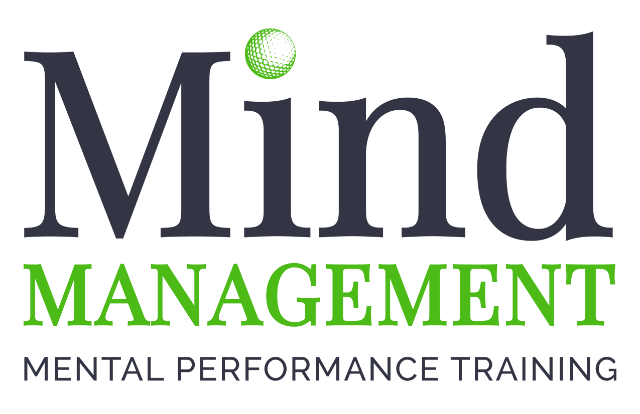The Talent Debate
Jul 23, 2025
A common debate often arises regarding the importance of talent versus skills in achieving mastery. Talent is the foundation on which skills are built. Specifically, talent refers to a person's natural abilities or aptitudes in a given field. For instance, in sports, a player's talent is often evident through their physical attributes such as strength, speed, and coordination.
In golf, the control order is clear: the club directs the ball, the body controls the club, and the mind governs the body. Since the brain acts as the executive function, it is the source of all commands. The effectiveness of these commands depends on a system of checks and balances. In daily life, these checks and balances should align with our aspirations and objectives.
The brain has three operating systems: sensory, cognitive, and emotional, which regulate our motor functions and memory. Ideally, these systems work together, although one often takes the lead. Whether this leadership comes from environmental factors, genetic traits, personal preferences, or learned skills, training can help improve these systems to enhance our athletic abilities.
Studies suggest that deliberate practice, characterized by focused and purposeful efforts to improve skills, is more important than natural talent. This means that consistency and a commitment to self-improvement can lead to success, even for those without innate athletic ability. For example, someone who lacks inherent athleticism can still achieve success as an athlete through consistent practice.
It’s important to understand that talent and skill are connected. Skills are developed through education, understanding, training, and memorization. Talented athletes might find their progress slowed if they ignore skill development in their daily routines.
In conclusion, the debate over whether talent or skill matters more is a complex issue. While talent can give a competitive advantage, it is skill and work ethic that ultimately determine success. Those who commit to improving their skills through deliberate practice tend to reach the highest levels of achievement, regardless of their natural abilities. Therefore, focusing on skill development, setting realistic goals, and persisting toward those goals are crucial. With dedication and effort, anyone can achieve their objectives.
Reflective Questions
- To what extent does the athlete depend on natural talent versus deliberate practice in their training routine, and how might this balance influence their long-term growth?
- Which of the athlete’s three brain functions, sensory, cognitive, or emotional, appears to dominate their performance, and how could training be adjusted to balance these systems?
- How does the athlete's daily routine demonstrate a commitment to skill development, and are there signs that their work ethic compensates for or enhances their natural abilities?


